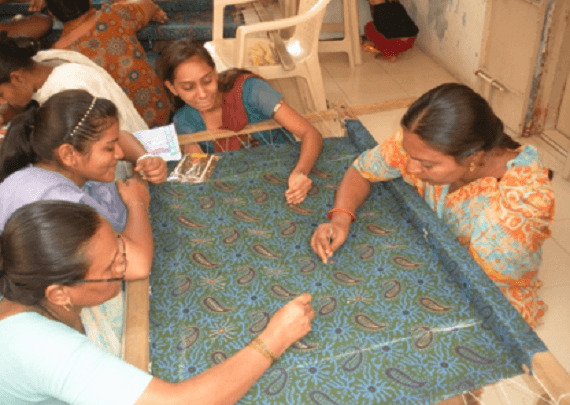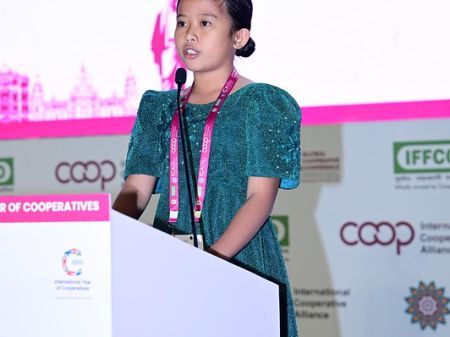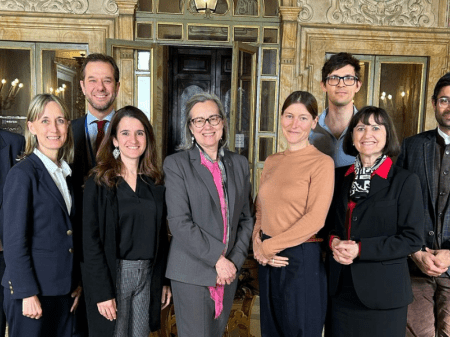
By Ariel Guarco
Gender inequality is no longer simply a statistic. Today, it's become a visible problem that's present in every aspect of our social lives all over the globe. And we need to turn back the tide.
According to statistics from the United Nations, women work 13% more than men in the most underdeveloped countries, and on top of this, 63% of their work is in the form of unpaid domestic chores: caring for family members, feeding, cleaning. The situation is very similar in the richest countries, where women also work more than men and 64% of their work consists of unpaid chores.
As a cooperative movement, we cannot stand on the sidelines when it comes to the fight that women are leading for their civil, labour, and economic rights... We cannot be in the dark about any recurring occurrences of violence, whether physical or not, that take place in our communities. We need to get involved.
For example, cooperatives are being created around the world to provide healthcare for vulnerable people in their homes - tackling a situation which has demonstrated the historical subordination of women in the healthcare economy.
There are protocols and agreements that have come out of the movement itself in order to fight violence.
That women have the possibility to be a part of any cooperative – whether in production or services, in the city or the countryside – demonstrates a sustainable path to accomplish badly-needed gender equality.
At the ICA, we have put a premium on this objective by incorporating the president of the Gender Equality Committee (ICA GEC) to our Board. We hope that each member values the role of women and that more and more women take the helm. Gender equality is possible: it depends on all of us, both men and women.
Photo: SEWA, a women co-operative in India providing opportunities for women (c) ILO




